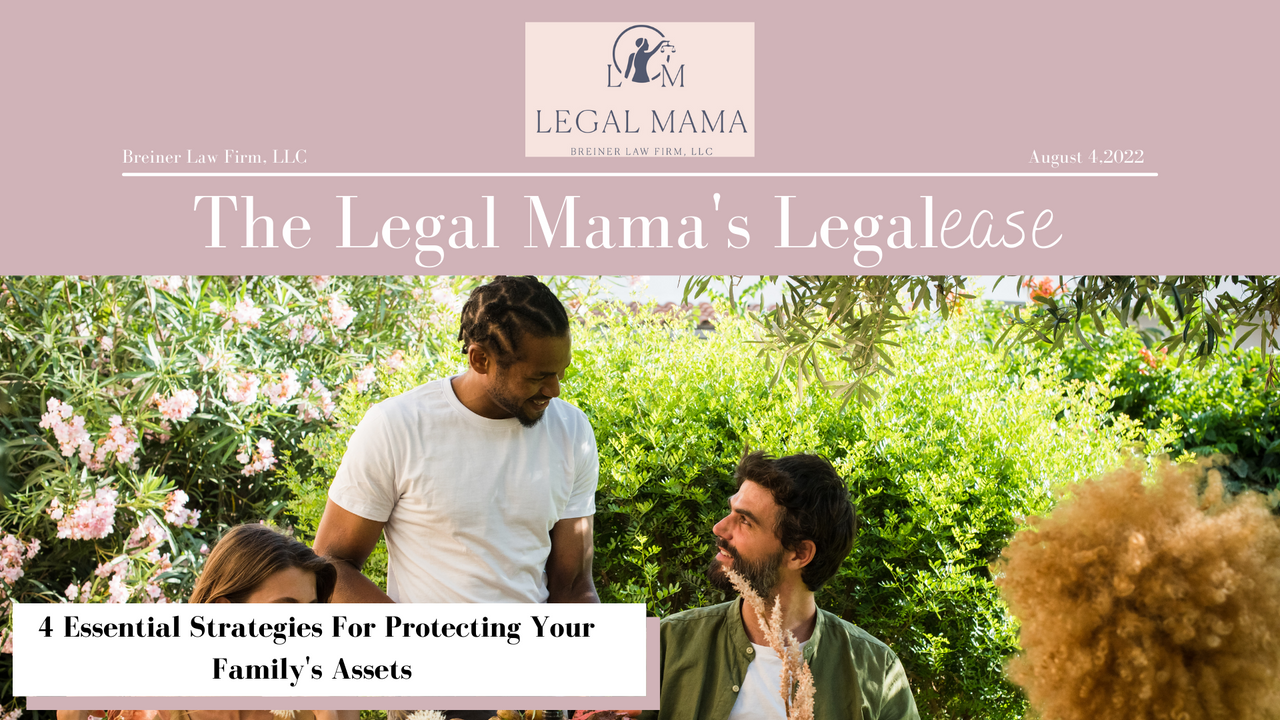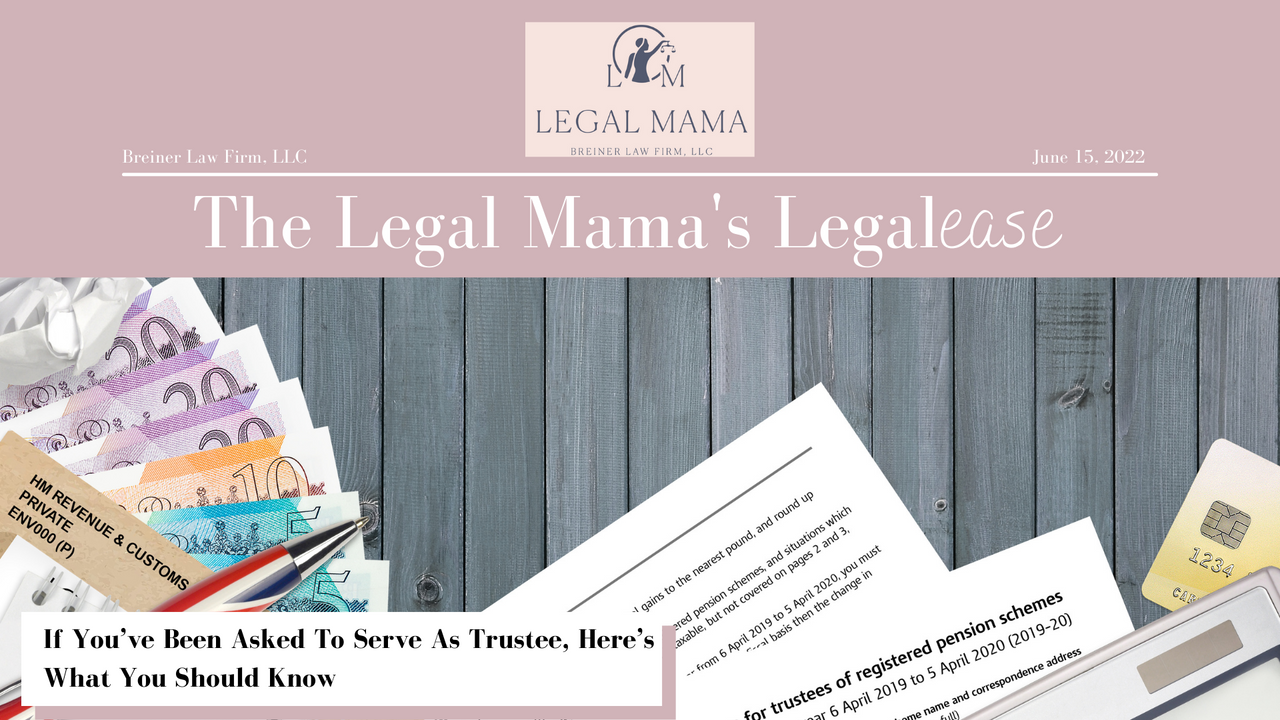What’s new in the blog?
..............
Protect Your Aging Loved Ones From Undue Influence
Oct 13, 2022
Estate Planning FAQs For LGBTQ+ Couples
Jun 30, 2022









